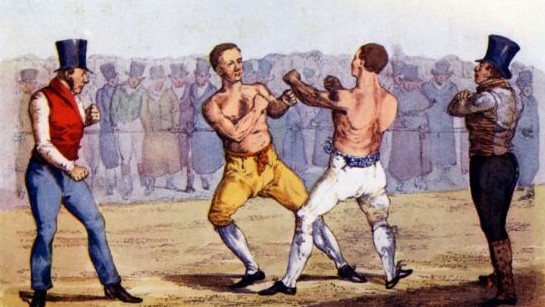
For
the
second
time
in
the
long
and
winding
road
of
the
copyright
lawsuit
brought
by
Thomson
Reuters
against
the
now-shuttered
legal
research
startup
ROSS
Intelligence,
the
trial
has
been
postponed
on
the
eve
of
its
start
date.
Although
a
pretrial
conference
had
been
set
for
yesterday
and
the
trial
scheduled
for
the
week
of
May
12,
3rd
U.S.
Circuit
Court
of
Appeals Judge
Stephanos
Bibas,
sitting
by
designation
in
the
U.S.
District
Court
in
Delaware,
issued
an
order
April
4
postponing
the
trial
in
order
to
allow
ROSS
to
file
an
interlocutory
appeal.
ROSS
sought
leave
to
file
an
interlocutory
appeal
after
Judge
Bibas
issued
an
opinion
Feb.
11
granting
partial
summary
judgment
to
Thomson
Reuters,
finding
that
ROSS
infringed
TR’s
copyrights
in
Westlaw
headnotes
when
it
used
them
to
train
its
AI-powered
legal
research
platform.
Even
with
that
Feb.
11
ruling,
several
issues
remained
to
be
decided
at
trial,
including
whether
some
of
Thomson
Reuters’s
copyrights
have
expired
or
were
untimely
created,
and
whether
ROSS
in
fact
copied
Westlaw’s
Key
Number
System,
as
Thomson
Reuters
alleges.
See
all
stories
about
this
lawsuit.
In
his
brief
April
4
order
entered
on
the
docket
of
the
case,
Judge
Bibas
said
that
he
was
certifying
two
questions
to
the
3rd
U.S.
Circuit
Court
of
Appeals:
-
Whether
the
West
headnotes
and
West
Key
Number
System
are
original. -
Whether
Ross’s
use
of
the
headnotes
was
fair
use.
He
said
that
he
planned
to
follow
the
order
with
a
written
opinion
explaining
his
reasoning.
As
of
today,
the
docket
does
not
reflect
that
he
has
done
that.
ROSS
had
brought
in
law
firm
White
&
Case
to
handle
this
interlocutory
appeal.
Anna
Naydonov,
partner
at
White
&
Case,
issued
this
statement:
“This
is
an
important
first
step
in
obtaining
immediate
appellate
guidance
on
fair
use
in
AI.
This
case
is
closely
followed
and
has
warranted
interlocutory
review
for
good
reason:
it
will
help
shape
the
law
critical
to
advancement
in
AI
technology.
We
look
forward
to
defending
U.S.
innovation
in
AI
before
the
Third
Circuit.”
The
case
had
previously
been
scheduled
to
go
to
trial
last
August,
but
was
mysteriously
continued
on
the
eve
of
starting.
When
he
issued
his
summary
judgment
ruling
on
Feb.
11,
Judge
Bibas
explained
that
earlier
continuance,
writing
that,
as
he
had
studied
the
case
materials
in
more
depth
in
the
run-up
to
the
trial,
he
had
decided
that
an
earlier
summary
judgment
ruling
“had
not
gone
far
enough,”
and
so
he
continued
the
trial
to
allow
the
parties
to
renew
their
summary
judgment
briefing.
That
second
round
of
briefing
resulting
in
the
Feb.
11
opinion
that
the
3rd
Circuit
will
now
review.
The
case
has
been
ongoing
since
2020,
when
Thomson
Reuters
sued
ROSS,
alleging
that
it
had
copied
Westlaw
content
to
train
its
competing
AI
legal
research
platform.
According
to
the
complaint,
after
Thomson
Reuters
refused
to
license
its
content
to
ROSS,
ROSS
contracted
with
legal
research
company
LegalEase
to
obtain
the
content
indirectly
through
bulk
memos
that
were
created
using
Westlaw
headnotes.

